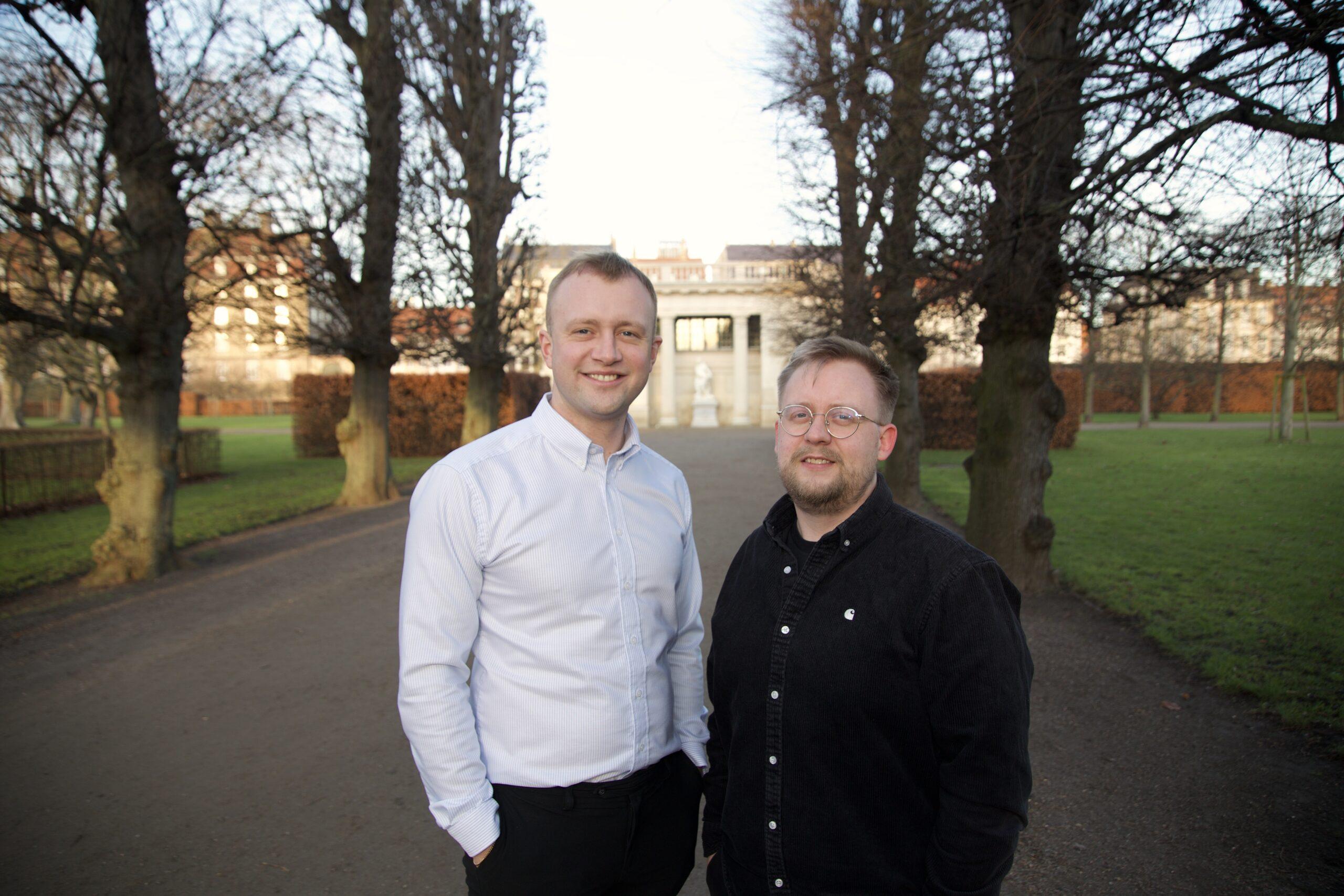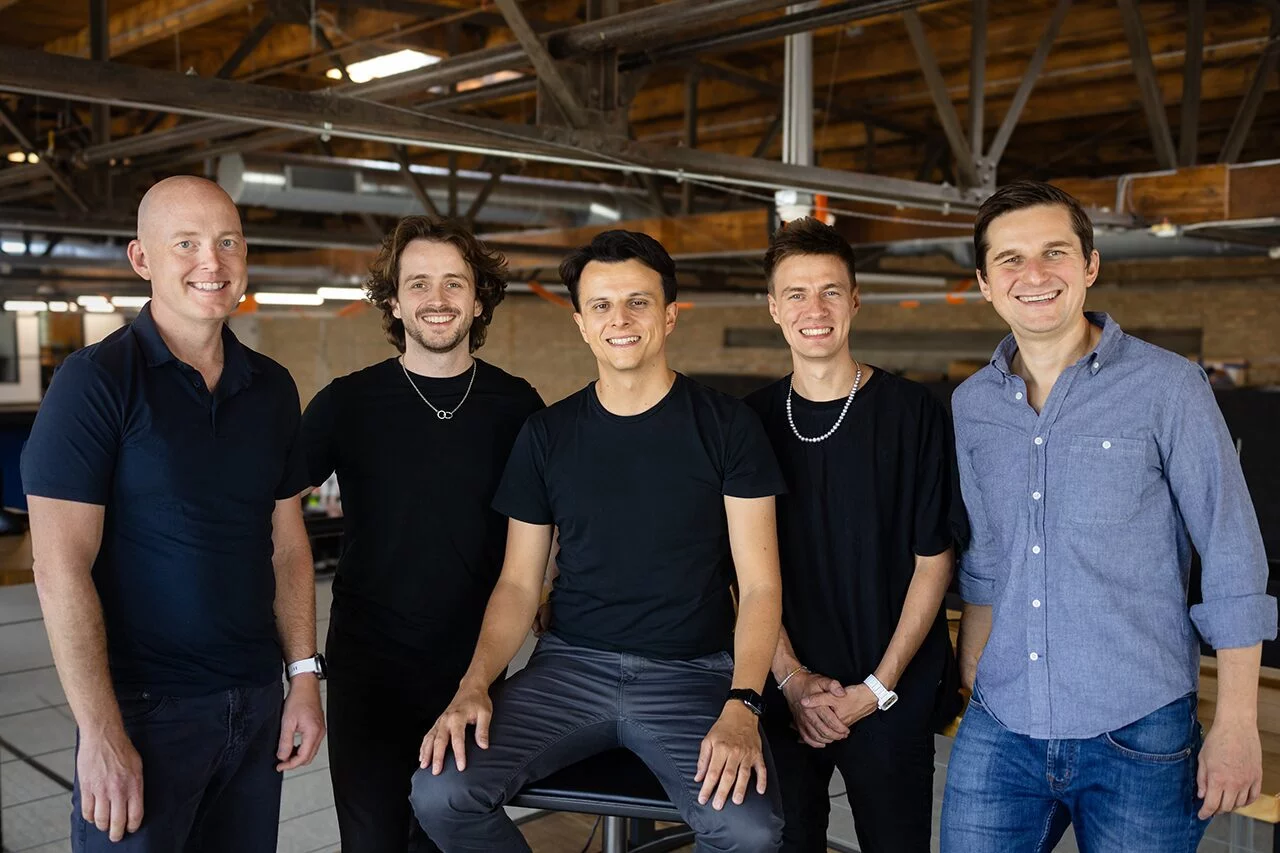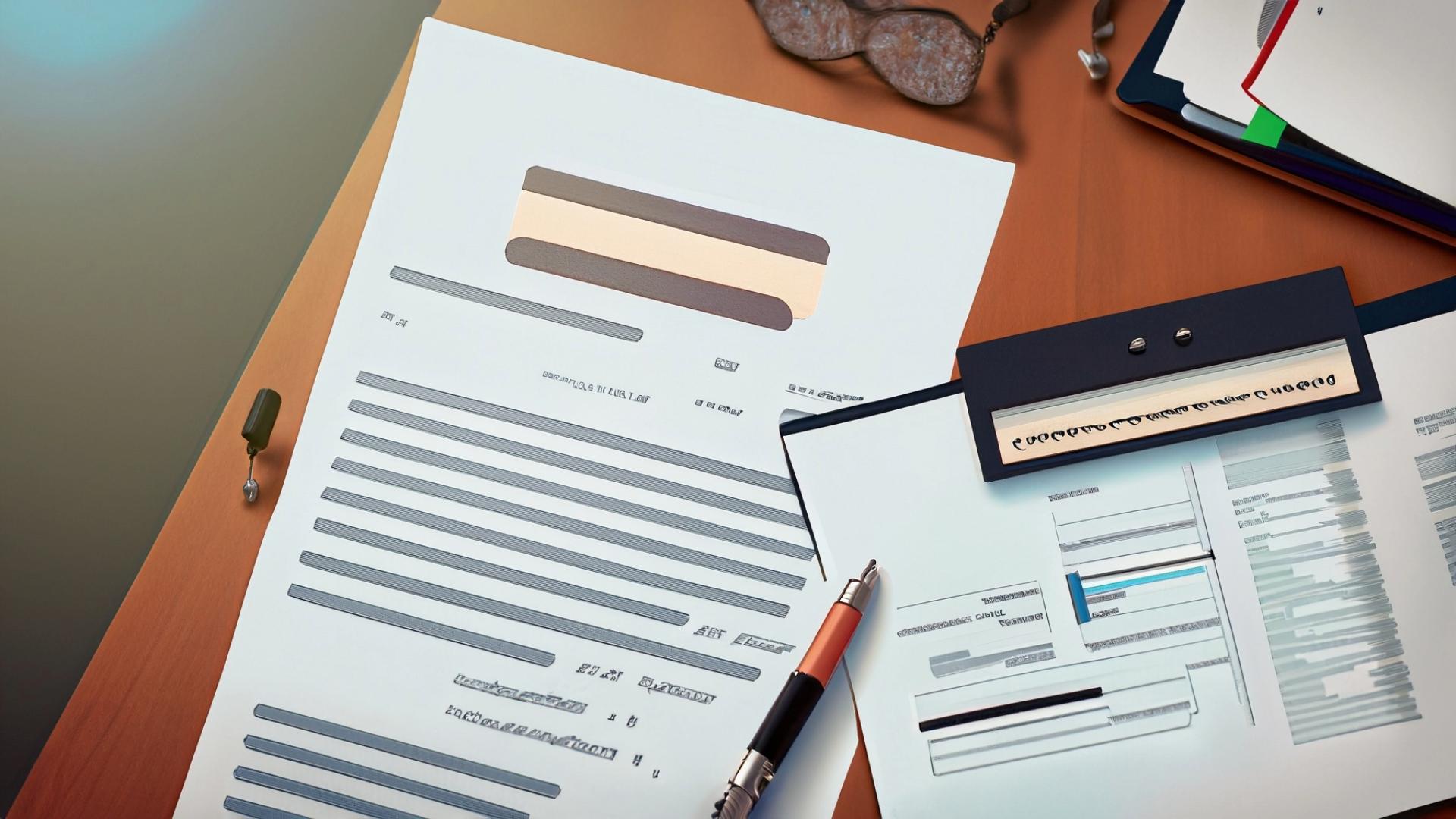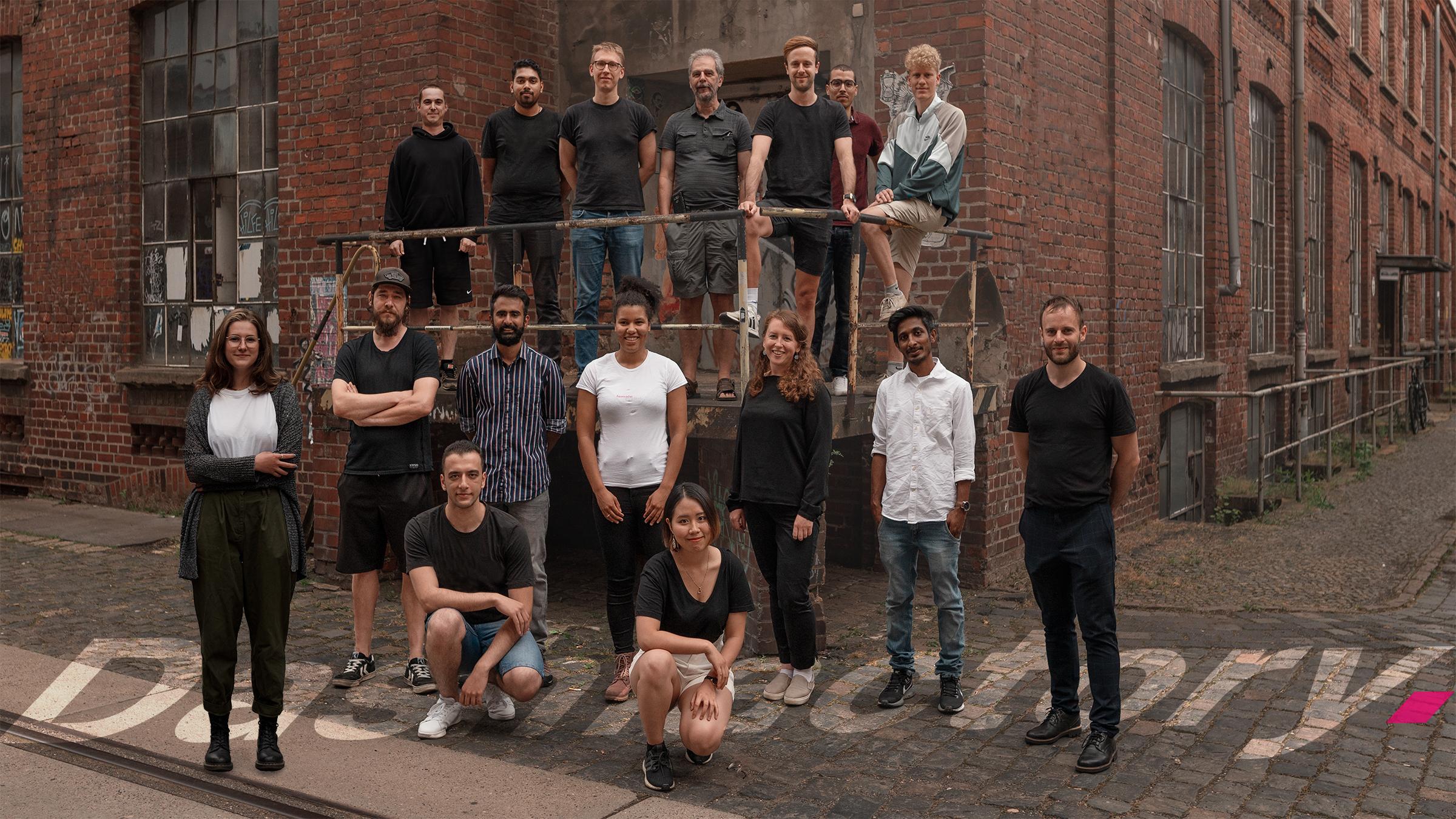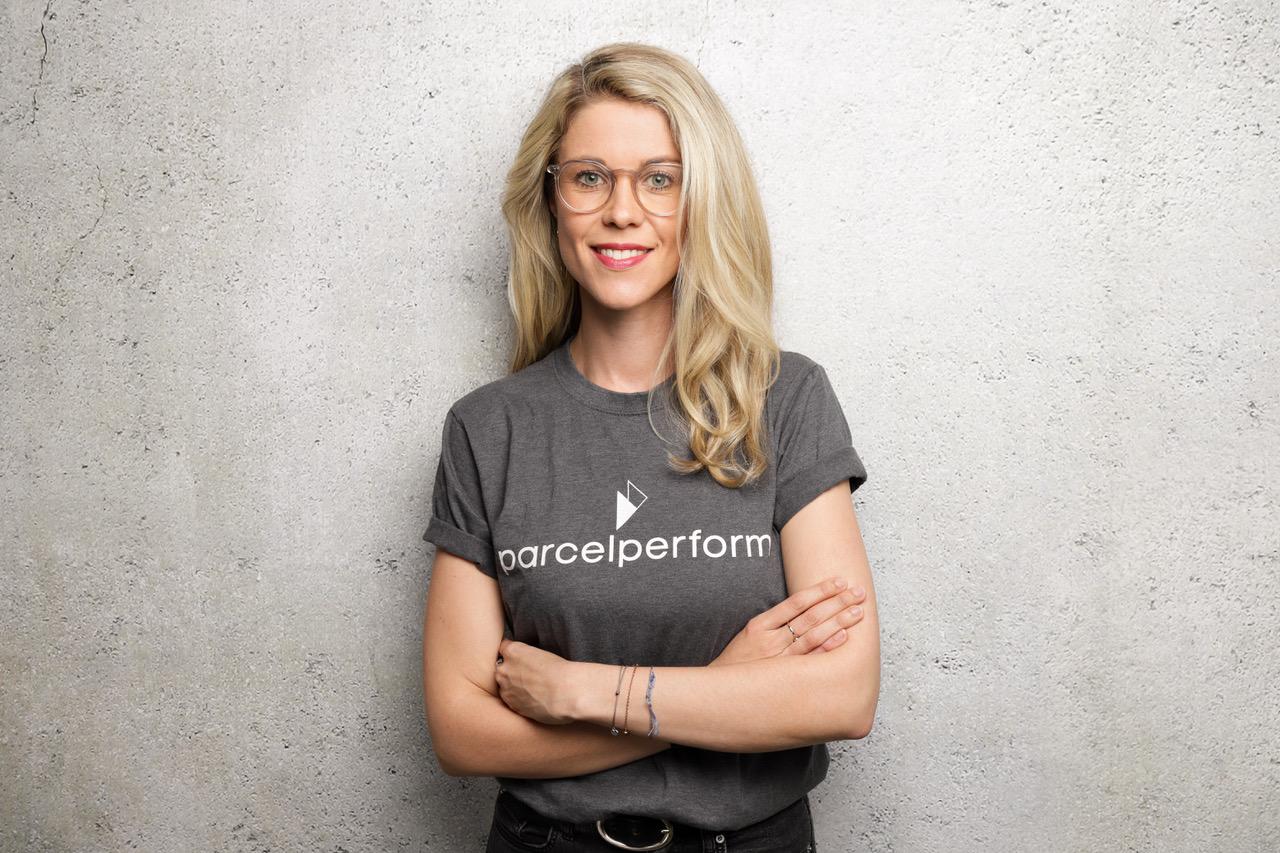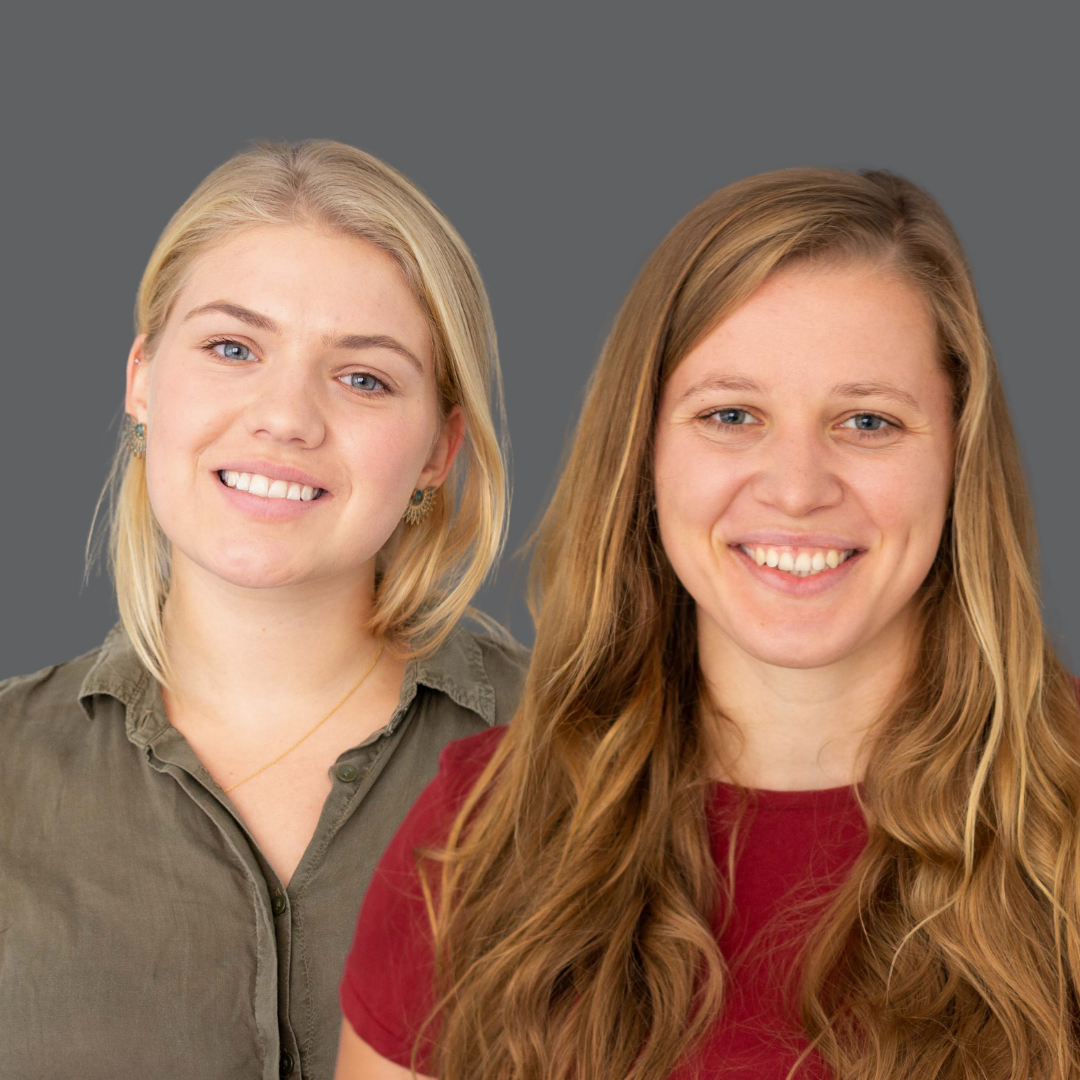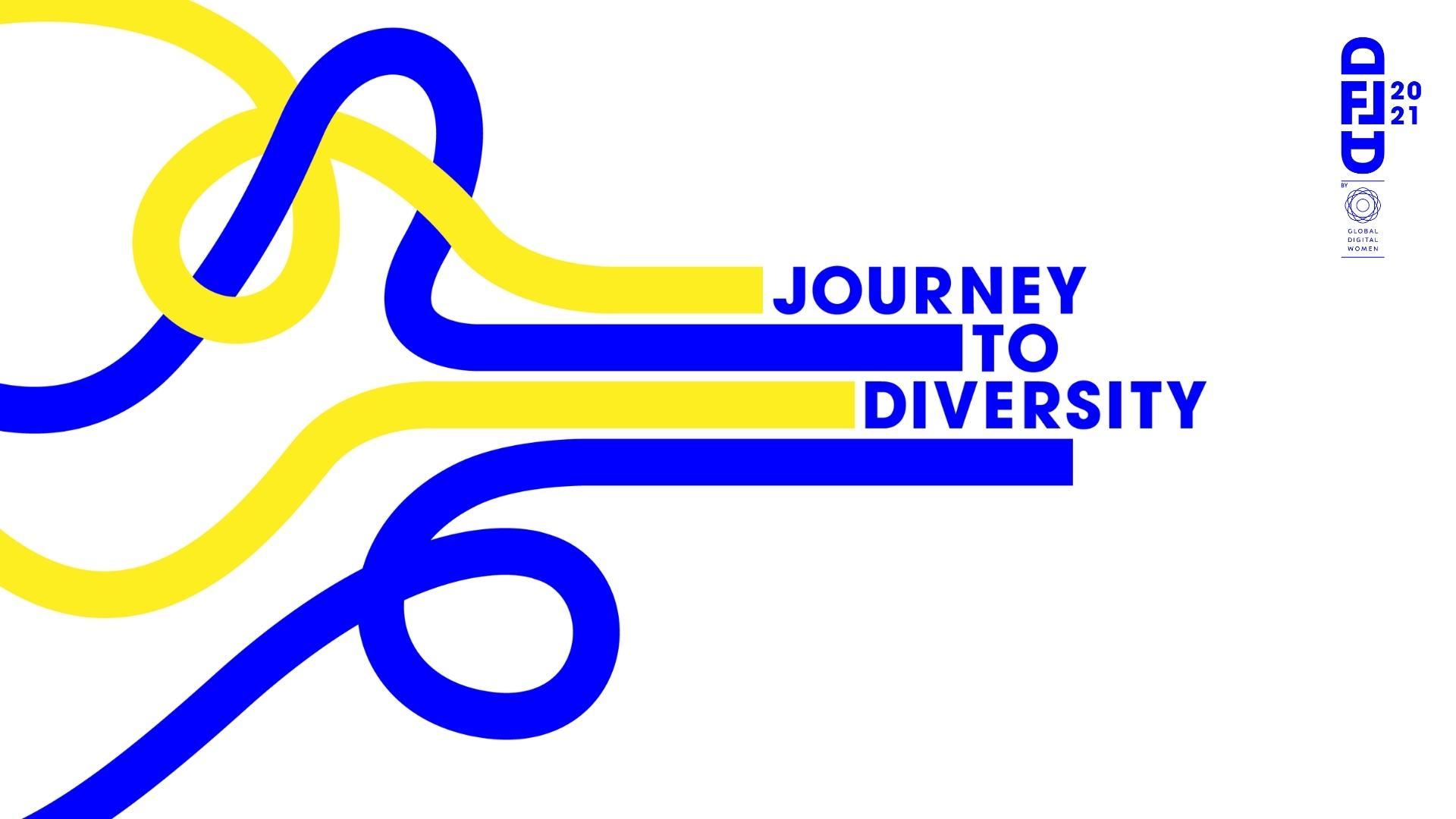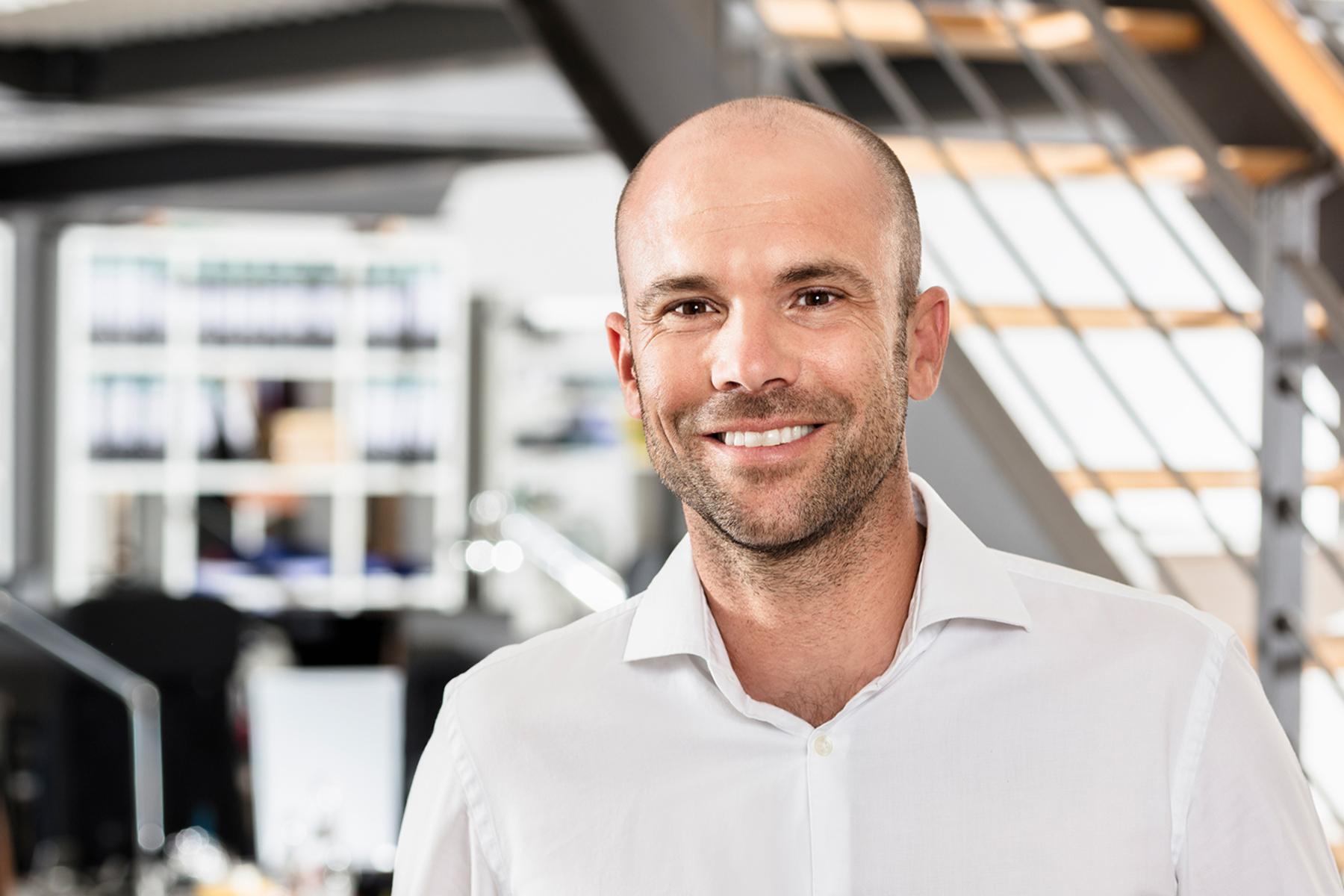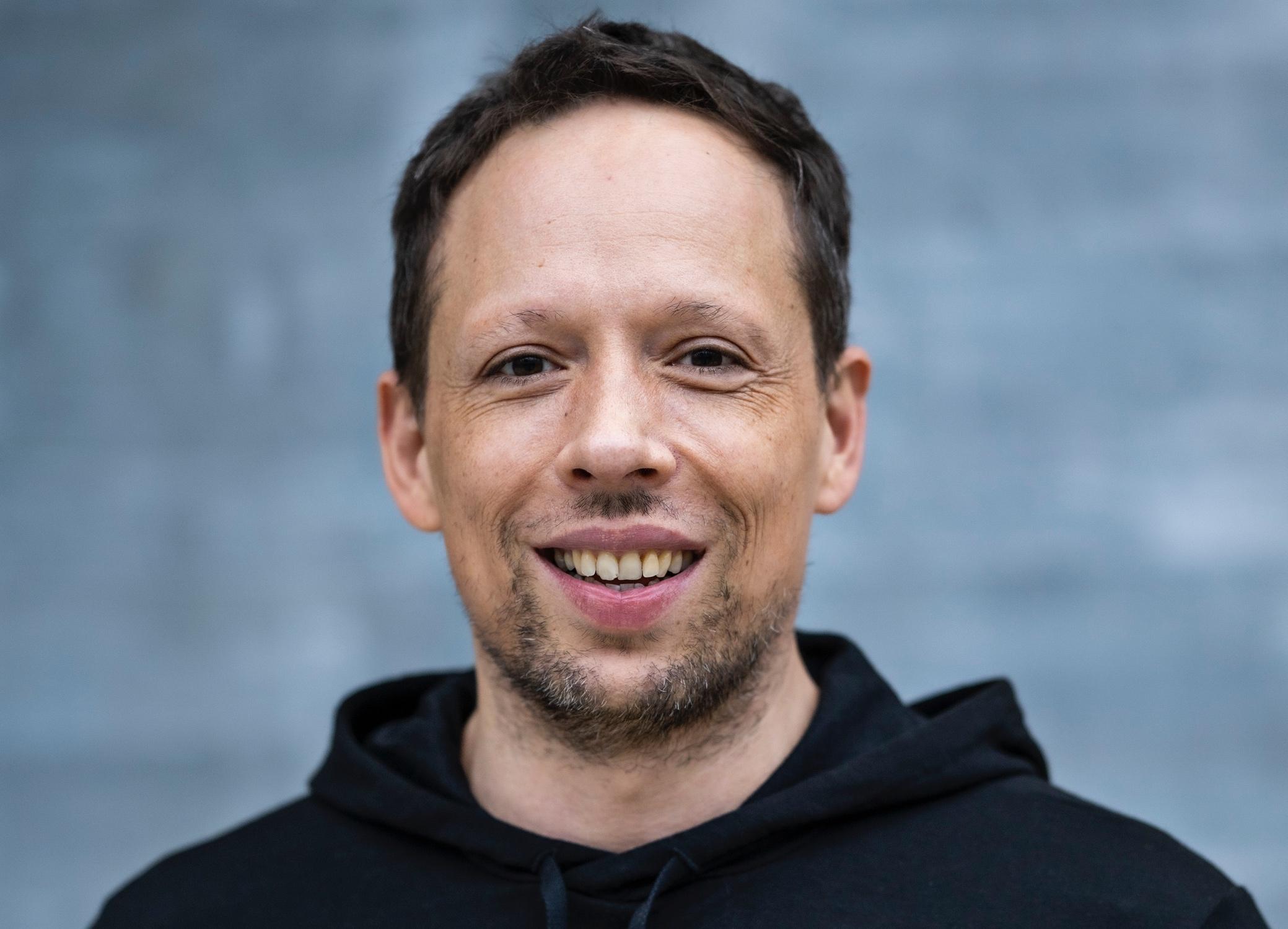"Good lawyers don't have to worry about legal tech"

Alisha Andert, winner of the Digital Female Leader Award in the Legal category, reveals how she wants to reform the legal sector and what role legal tech offerings play in this.
Alisha Andert is a fully qualified lawyer and certified design thinking expert: two worlds that previously had little point of contact. With her company This Is Legal Design, which she founded together with Lina Krawietz and Joaquin Santhuber, she now wants to help the legal sector become more customer-friendly. In this interview, she talks about the benefits that design thinking can have for lawyers and the role that legal tech plays in this.
Ms Andert, with This Is Legal Design you want to introduce lawyers to design thinking. Can this method be applied to the legal sector at all?
In my opinion, there is nothing to be said against it. Design thinking means thinking about processes from the user or customer perspective. And lawyers also have customers, only they are called clients. Aligning your own services with them is actually logical. So far, however, this has rarely happened.
Why can't lawyers do anything with the concept?"?
A lot of it starts in training. Lawyers have few points of contact with other subjects, although subject areas such as political and social sciences actually have a lot of overlap with law. As a result, lawyers generally find it difficult to think outside the box and use methods that are not directly related to their field. They often don't believe that a concept such as design thinking can be transferred to the legal profession.
How do you want to change that?
First of all, by changing the terminology. We don't talk about "design thinking", but about "legal design". This will make it easier for us to convince the people we advise that there is a connection to their area of expertise. And we make it clear to them what the benefits are of getting more involved with their clients.
What are they?
Above all, a change in perception. Take, for example, a legal department in a company whose clients are the other employees. They often perceive the legal team as naysayers and obstructionists, precisely because the processes are often so complex and inaccessible. In extreme cases, this can lead to people trying to tackle projects without the involvement of the legal department, which of course entails certain legal risks. But if it becomes more customer-friendly, then these differences can be reduced.
And with law firms?
Many people also have problems there, for example because lawyers find it difficult to answer questions clearly. For example, people sometimes just want to know whether they have to pay money for a certain issue. But many experts don't give a clear answer. This is also because we learn from the outset that it's always about the individual case. Which is actually true, but sometimes difficult for laypeople to understand.
You are also Chair of the Board of the Legal Tech Association Germany. You helped to ensure that there is now more legal certainty for services such as Flightright thanks to a change in the law. Can these services also help to make legal advice more accessible?
Absolutely, they go hand in hand. Flightright, wenigermiete.de and others are very low-threshold offers for citizens to get legal assistance. What is particularly attractive for them is that they work according to the "no win, no fee" model. This means that the client only has to pay if their case is successful.
Many lawyers often find this unfair, as they are not allowed to simply make such offers.
This is exactly what we have now changed with the new Legal Tech Act. To a certain extent, law firms can now also make such offers. We at the Legal Tech Association do not see ourselves purely as representatives of the interests of legal tech companies. Ultimately, we want clients to receive the best possible offers - from whom, it doesn't matter.
Does something like this also increase the acceptance of legal tech applications among lawyers?
Certainly. But I'm of the opinion that good lawyers don't need to worry about such offers anyway. It's mostly about routine work that is outsourced to an algorithm, for example. At This Is Legal Design, we also help our clients to use suitable small tools. At the end of the day, this also takes the pressure off lawyers.
Thank you for talking to us.
Personal details: Alisha Andert is co-founder of the consulting agency This Is Legal Design and Chairwoman of the Board of the Legal Tech Association Germany. She was previously Head of Legal Innovation at the start-ups Chevalier and Flightright. Andert studied law in Potsdam and Amsterdam and learned design thinking at the Hasso Plattner Institute.

Newsletter
Startups, stories and stats from the German startup ecosystem straight to your inbox. Subscribe with 2 clicks. Noice.
LinkedIn ConnectFYI: English edition available
Hello my friend, have you been stranded on the German edition of Startbase? At least your browser tells us, that you do not speak German - so maybe you would like to switch to the English edition instead?
FYI: Deutsche Edition verfügbar
Hallo mein Freund, du befindest dich auf der Englischen Edition der Startbase und laut deinem Browser sprichst du eigentlich auch Deutsch. Magst du die Sprache wechseln?





